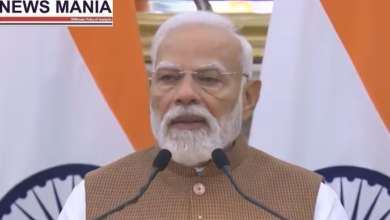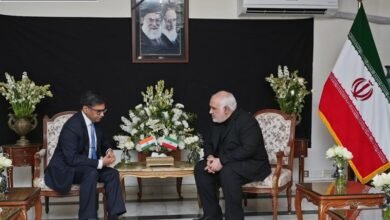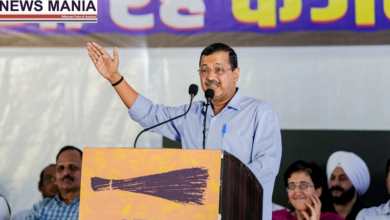Using Urdu To Cross Boundaries And Create Bridges

Sukti Sarkar and Bibhabori Bhattacharyya are 50 years apart in age; Ms. Sarkar is a retired banker, and Bibhabori is only 14; nonetheless, these two Bengalis are connected by their shared love of Urdu and the fact that they both only recently learned the language.
They are among the nearly 500 individuals who have benefited from or are currently pursuing benefits from the online courses offered by Know Your Neighbour, a social experiment being run in West Bengal to foster communal harmony, in collaboration with Kolkata’s Maulana Azad College.
The classes started soon after the pandemic-forced lockdown went into effect in 2020, with the intention of providing a helpful option to people who unexpectedly found themselves stranded at home. However, they continue to draw interested parties who want to learn Urdu, a language that was once widely spoken throughout north India but is now primarily associated with the Muslim community.
A class 8 student at Gokhale Memorial Girls’ School, Bibhabori Bhattacharyya, claims that she chose to learn Urdu over French or German because she was captivated by an Urdu verse she came across in a book about Humayun’s tomb.
In order to promote genuine interaction and relationships between communities, the Know Your Neighbor (KYN) initiative was launched in 2016 in collaboration with SNAP (Social Network for Assistance to People) Bengal.
News Mania Desk






